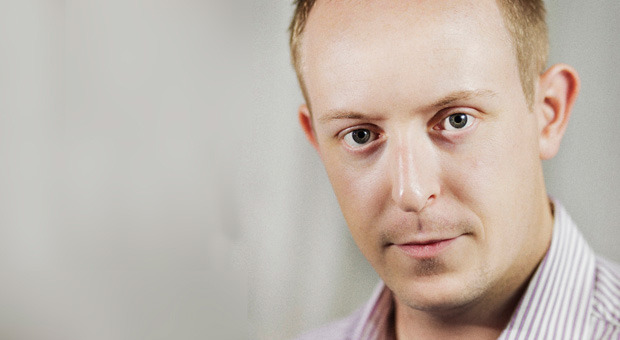
MultiChoice, operator of satellite pay-television platform DStv and a unit of JSE-listed media giant Naspers, should be concerned about the financial problems at rival TopTV, owned by On Digital Media.
Competition is good for consumers and it’s important in keeping industry players at the top of their game. The rivalry from TopTV, such as it’s been, has been good for MultiChoice, which has innovated more aggressively in recent years. Naturally, this has been good for customers, too. The longer-term risk of not having a direct competitor in satellite pay TV means a greater risk of unpleasant regulatory and policy intervention down the line. Regulators hate monopolies.
The embattled TopTV said last week that it has applied for a business rescue under section 129 of the new Companies Act. This will “buy it some time to complete the search for a strategic equity partner”. In other words, the good ship TopTV is floundering and needs a deep-pocketed suitor to bail it out.
Launched in 2009, TopTV is the only licensee of five prospective operators that managed to get off the ground. The rest floundered for various reasons.
An explanation for TopTV’s woes — but by no means the only one — is that when MultiChoice realised the market was going to be opened to competition, it signed contracts with content suppliers, especially for sports broadcasting rights, to keep newcomers at bay. Live sports — particularly local football given TopTV’s target market — and new, blockbuster movies are the greatest assets for any South African pay-TV operator. TopTV has neither and this is reflected in its subscriber numbers.
The company claims to have sold 450 000 set-top boxes, but fewer than 200 000 of these are active, suggesting that many consumers buy the service only to discover they don’t like what they see and then unsubscribe.
Of course, a powerful and well-run MultiChoice isn’t the only challenge facing the troubled broadcaster. The looming switch-on of digital terrestrial television will put it under even greater strain. Because digital technology makes more efficient use of radio frequency spectrum, the switchover is going to usher in far more channels than are currently available using analogue signals.
Government has been making noises in the recent past about the need to create greater diversity and competition in the television broadcasting industry, particularly in pay TV. It’s not in anyone’s interests for TopTV to fail, least of all MultiChoice’s. If TopTV goes under, it could just make the regulator and policymakers more determined, rightly or wrongly, to intervene and to do so forcefully. — (c) 2012 NewsCentral Media
- Craig Wilson is TechCentral deputy editor




